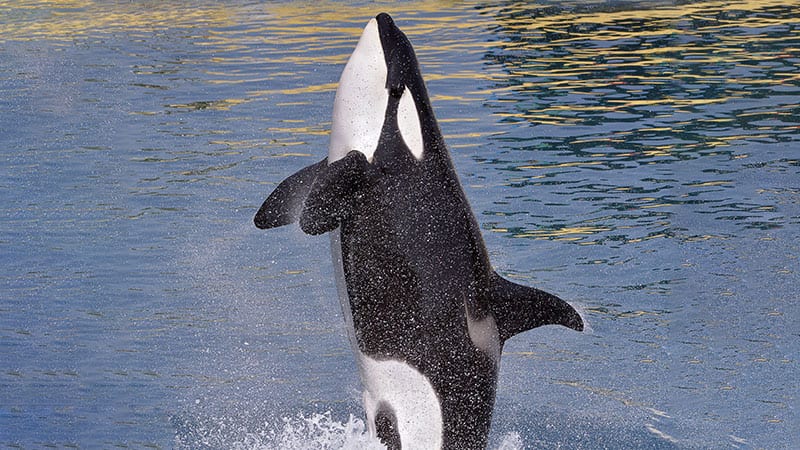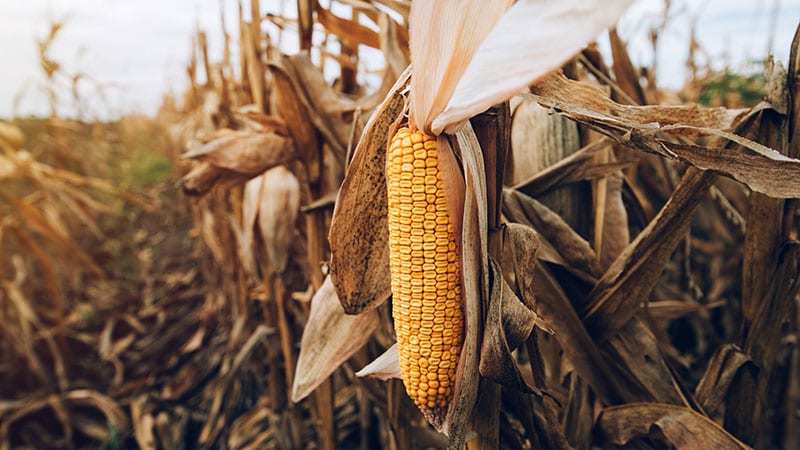News bites
This article was originally published in June 2019
Orca fishing restrictions

The National Oceanic and Atmospheric Administration (NOAA) is taking a fresh look at whether new fishing restrictions are needed to help prevent the extinction of endangered Southern Resident Killer Whales that frequent Puget Sound. New evidence about the fish the whales depend on and the risk posed to orcas has caused the agency to write a letter of guidance to the Pacific Fishery Management Council, indicating the agency is examining whether new restrictions are needed — particularly on fisheries in the Lower Columbia and Sacramento River and on fall-run chinook salmon in the Klamath River. (The Seattle Times)
More organic farms
The number of organic farms and ranches in the U.S. rose from 14,326 to 18,166 between 2012 and 2017, with product sales more than doubling to $7.3 billion, according to newly released information from the 2017 Census of Agriculture. Overall farm and ranch numbers declined, falling to 2.04 million, a 3.2% drop from 2012. The average farm size rose 1.6% in the same period, to 441 acres. (USDA)
Future 50 foods
The World Wildlife Fund wants consumers to diversify their diets and eat more wakame seaweed, adzuki beans and spelt, along with 47 other possibilities. Its “Future 50 Foods” report aimed at a healthier planet, produced with Knorr Foods, noted that 75% of the global food supply now comes from just 12 plant and five animal species. Its recommended ingredients are based on nutritional value, relative environmental impact, flavor, accessibility, acceptability and affordability. The report is online here. (World Wildlife Fund)
School lunch lawsuit

Six states and the District of Columbia have sued the U.S. Department of Agriculture (USDA) over a decision last year to relax school lunch nutritional standards for salt and refined grains. The lawsuit filed in Manhattan federal court asked a judge to overturn the changes, saying they significantly weakened the standards without giving the public a chance to comment, and that the decision conflicts with nutritional requirements for school meals set by Congress. (Associated Press)
95% recycling rate
Seoul, the capitol of South Korea, has managed to increase its food recycling rate from less than 2% in 1995 to a staggering 95% today. The South Korean government banned sending food to landfills in 2005. Since 2013, South Koreans have been required to discard food waste in small biodegradable bags that are priced by volume, effectively paying an upfront tax on their food waste. (HuffPost)
Refining shade-grown standards
Shade-grown coffee programs are meant to conserve habitat for migratory birds, but new research shows it’s a complex issue. Insects that birds rely on for food won’t settle on every species of tree, according to a study of one shade-grown program that encourages planting native trees but doesn’t specify which types. The challenge is to plant or preserve trees that are attractive to insects, good for birds and also beneficial for farmers. (New Food Economy)
Legal rights for Lake Erie
Toledo voters recently approved a ballot question asking whether Lake Erie should be given rights normally associated with a person, including “to exist, flourish and naturally evolve.” The vote might allow people to sue polluters on the lake’s behalf. A farmer has filed a federal lawsuit challenging the measure’s constitutionality. (The New York Times)
The right to repair
Farmers nationwide are fighting corporate rules that bar them from repairing their own equipment or restrict which repair companies they can use. More than 20 states have proposed “Right To Repair” laws, and U.S. Sen. Elizabeth Warren (D-MA) has proposed it as a national right in her presidential campaign platform. The John Deere company is one that forbids farmers to repair their own tractors. (New Food Economy)
Air pollution from corn

Reduced air quality from maize (corn) production is associated with 4,300 premature deaths each year in the U.S., according to a new study in the journal Nature. The effect is linked to ammonia emissions from nitrogen fertilizer use on maize, a key crop in the U.S. used for animal feed, ethanol biofuel and human consumption. The researchers suggest changing fertilizer type and application methods, and switching to crops requiring less fertilizer, among other possibilities. (Nature)
Backyard chicken disease
A highly contagious poultry disease is continuing to spread through backyard chicken flocks, expanding from California to Utah and Arizona. More than 400 confirmed cases of Virulent Newcastle Disease have been reported since it re-emerged in the U.S. last year, and nearly 500,000 birds were euthanized after it was discovered in two commercial flocks in California. Bird owners are urged to report any sick birds or unusual deaths to veterinarians. (AgNet West)
Targeting animal farm pollution
New advances in machine learning could help identify large concentrated animal feeding operations (CAFOs) that are polluting the environment. Researchers at Stanford University have developed a map-reading computer algorithm to help locate farms and, eventually, to identify pollution sources. Human attempts to monitor these operations through aerial photos take years to process information that the computers can quickly assess. (Stanford University)
A new crop: solar energy
Hundreds of farmers across Illinois have applied to host acres of solar panels on their properties, a move encouraged by a state law that renewable resources must provide 25% of Illinois power by 2025. Farmers interested in selling the energy point to the uncertain economics of their lives, but others warn that taking some of the most fertile soil in the world out of production could have serious consequences. (The Washington Post)
